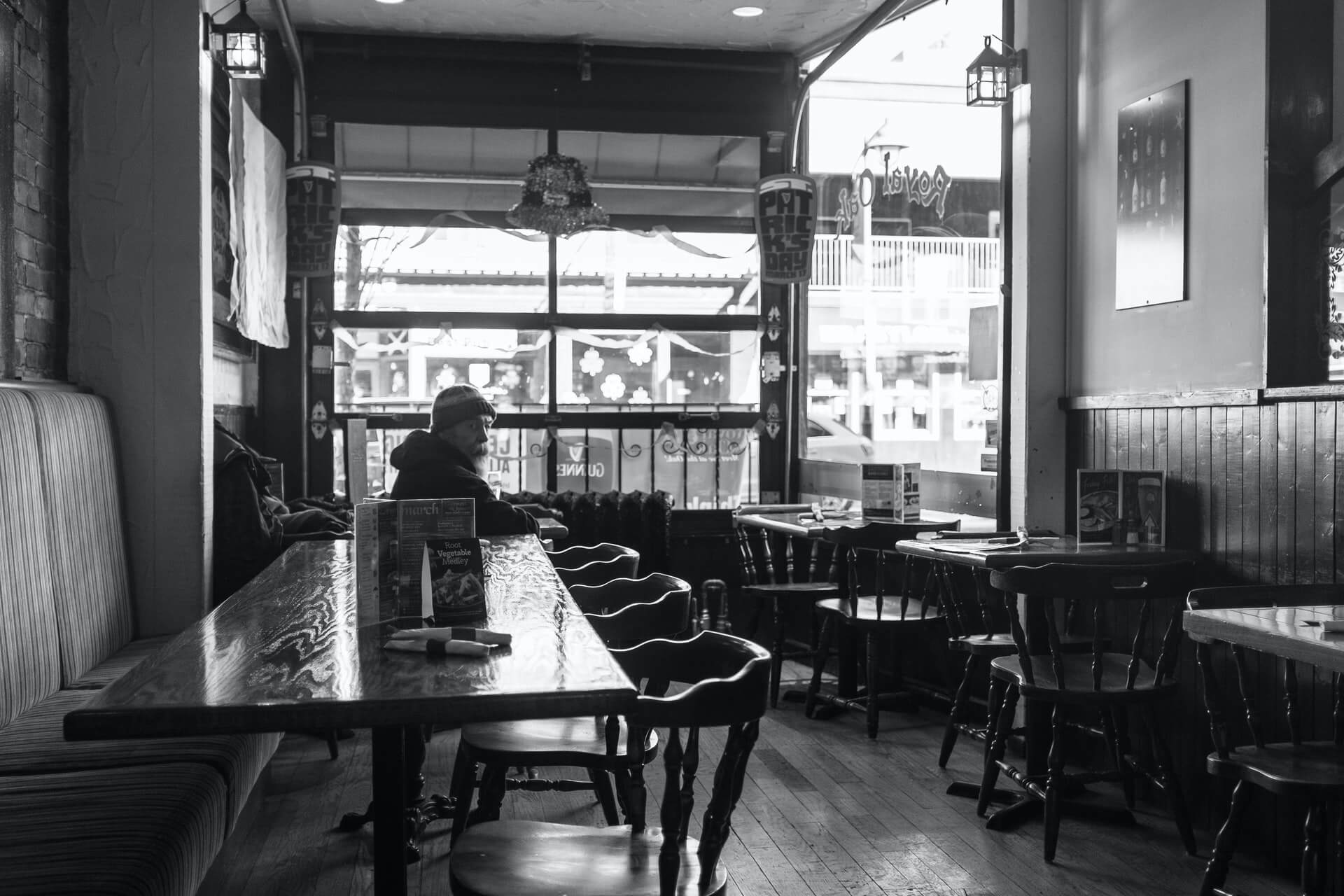Canadian Hospitality Needs Real Help
by David Klemt

Restaurants, bars and other foodservice establishments throughout Canada need specific relief to survive, replace lost jobs, and return to profitability.
The seemingly endless and severe provincial restrictions is putting far too much strain on a struggling industry.
Yes, there are some federal provisions in place. No, they’re not enough.
Relief Efforts
Currently, the federal budget promises extensions for wage and rent subsidies. Those subsidies would extend to September 25, 2021.
However, most Canadians, per a Restaurants Canada survey, agree that the industry needs more help.
If additional industry-specific relief faces significant delays or doesn’t come at all, operators, employees, and their families will suffer.
No wonder, then, that 90 percent of Canadians (according to the Restaurants Canada survey) feel restaurants and bars need federal support to remain in business and continue paying staff.
Support Proposals
Of the approximately 98,000 foodservice establishments throughout Canada, about 10,000 are out of business. As of last month, 319,000 lost foodservice jobs had yet to be filled.
No other industry in Canada is facing such startling numbers. Add to that the fact that the industry contributes to four percent of Canada’s GDP, restaurants are the first employers for most Canadians, women comprise nearly 60 percent of the restaurant workforce, and visible minorities comprise over 30 percent of ownership and labor, and the situation grows even starker.
Clearly, industry-specific relief is necessary.
Restaurants Canada is campaigning for the following measures:
- Extend the wage and rent subsidies through April 2022.
- Develop subsidy requirements that more closely match the dire reality the industry continues to face.
- Implement an employee retention and retraining credit to defray Covid-19 protocol costs.
- Partial forgiveness for all government-backed loans.
- Removal of merchant fees from the tax portion of restaurant bills.
- Restore the meals and expenses to 100 percent on a temporary basis.
- Develop and implement a culinary tourism incentive for the 2020 and 2021 tax years, using New Brunswick as a model.
- Implement a rebate program that provides government reimbursement of $15 per person, per meal.
- Freeze the Excise Act, including Excise Act 2021.
Act Now
It took more than a year but the industry and its supporters in America helped bring about meaningful change for restaurants, bars, and other hospitality venues.
The same can be done in Canada, and time is of the essence.
For example, the Restaurant Revival Working Group is a good start for effecting change. The group consists of government and industry representatives.
Click here to review the list of Restaurant Revival Working Group members, particularly those in government, so you can contact them.
Image: Tyler Farmer on Unsplash
